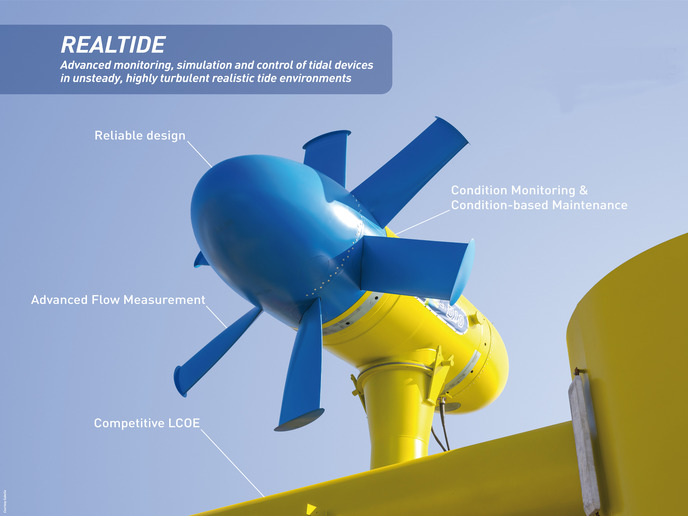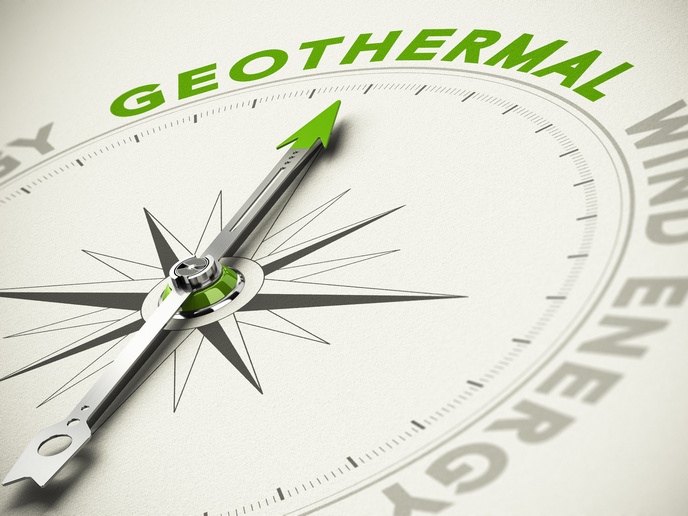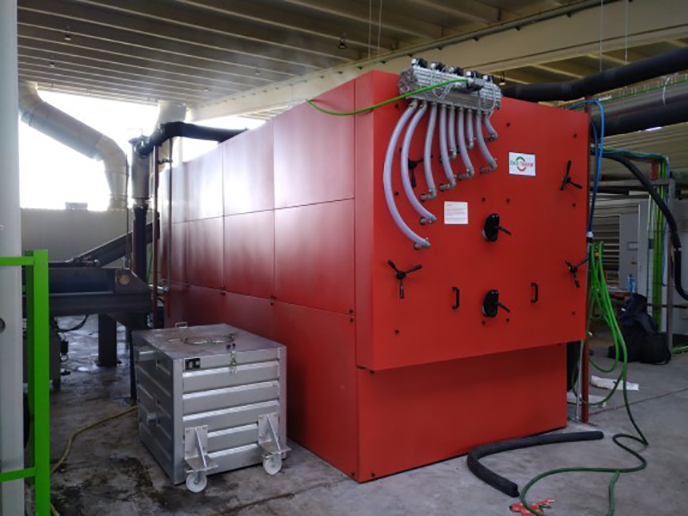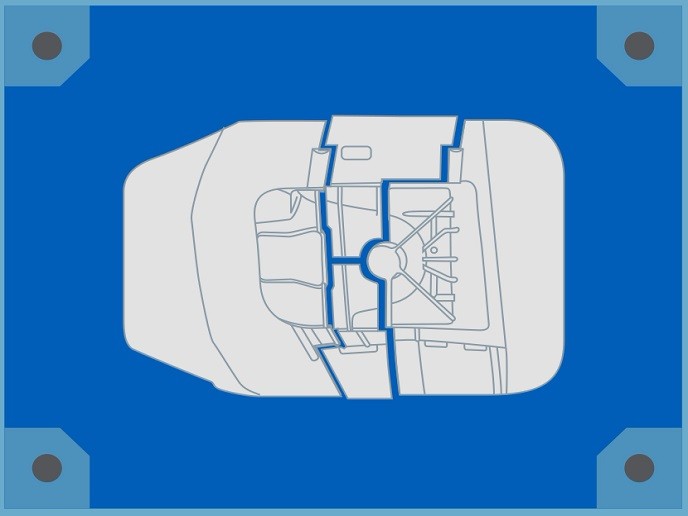Tailor-made solutions for retrofitting of processes improve sustainability in diverse process industries
Energy-intensive industries (EIIs) require transformational changes to increase their sustainability. Aside from the technical challenges associated with these changes, industry can be faced with significant investment costs in implementing new technologies and methods. The EU-funded RETROFEED project helped six EIIs in five key sectors – agrochemicals, aluminium, cement, ceramics and steel – reduce their environmental footprint with minimal investment. Their toolbox of tailor-made technological and digital solutions supported these industries in improving their use of energy and resources, even sourcing some materials from by-products and waste streams in a circular economy approach. And all of this was made possible by retrofitting core equipment, which lowered capital investment costs.
Decision support for retrofitting options
RETROFEED deployed advanced models to enhance understanding of retrofit energy-intensive processes and leveraged them to develop a decision support system (DSS). The DSS not only helped users determine the best retrofit options for their case but also enabled improved operational efficiency and supply chain optimisation. According to Roberto Arévalo of CIRCE Technology Centre and the project’s technical coordinator: “The DSS was tailor-made for each industry and simulates the core processes.” For example, many industries use carbon-rich petroleum coke (petcoke) as fuel. A cement company can assess the impact of replacing petcoke with an alternative renewable fuel such as biomass or refuse-derived fuel that is made from solid industrial waste. The tool tells them how much new fuel is required, its characteristics, how the processes are affected and the change in emissions.
Biobased fuels and a circular economy
Replacing petcoke with alternative resources, increasing efficiency and reducing fuel consumption enabled the EIIs to reduce emissions. For example, RETROFEED achieved a tremendous 59 % reduction in fossil resources use in the steel sector, overcoming challenges in finding biogenic carbon sources that fulfilled quality and safety requirements. They increased energy efficiency by 19 % in the aluminium sector. On the materials side, highlights included the development and patenting of equipment to reuse scrap aluminium. Furthermore, the retrofit solutions reduced the amount of wasted product due to process inefficiencies in the ceramic industry. “Overall, resource efficiency was improved by 40 % in the steel sector, 33 % in the aluminium sector, about 20 % in the ceramic and cement sectors and 10 % in the agrochemical sector,” notes Arévalo. Importantly, productivity was improved in all cases: 37 % and 27 % in the aluminum and ceramic sectors respectively; about 10 % in the agrochemical and steel sectors; and 6 % in the cement sector. Operating expenses were reduced in all cases as well.
EIIs: modest relative changes have absolute long-term impact
“It is encouraging to see that even EIIs can reduce their CO2 emissions with novel technologies. The circular economy concept applied in RETROFEED is no less important – there is no transformation process without a by-product so we must always search for valorisation of these,” Arévalo concludes. And in EIIs, even modest percentage reductions in CO2 emissions will have a significant impact on climate change mitigation. RETROFEED has provided decision support, digital control and optimisation tools, and other technologies to help diverse EIIs retrofit their processes for a greener future.
Keywords
RETROFEED, EIIs, energy, cement, aluminium, circular economy, steel, ceramic, agrochemical, energy-intensive industries, process industries, refuse derived fuel







